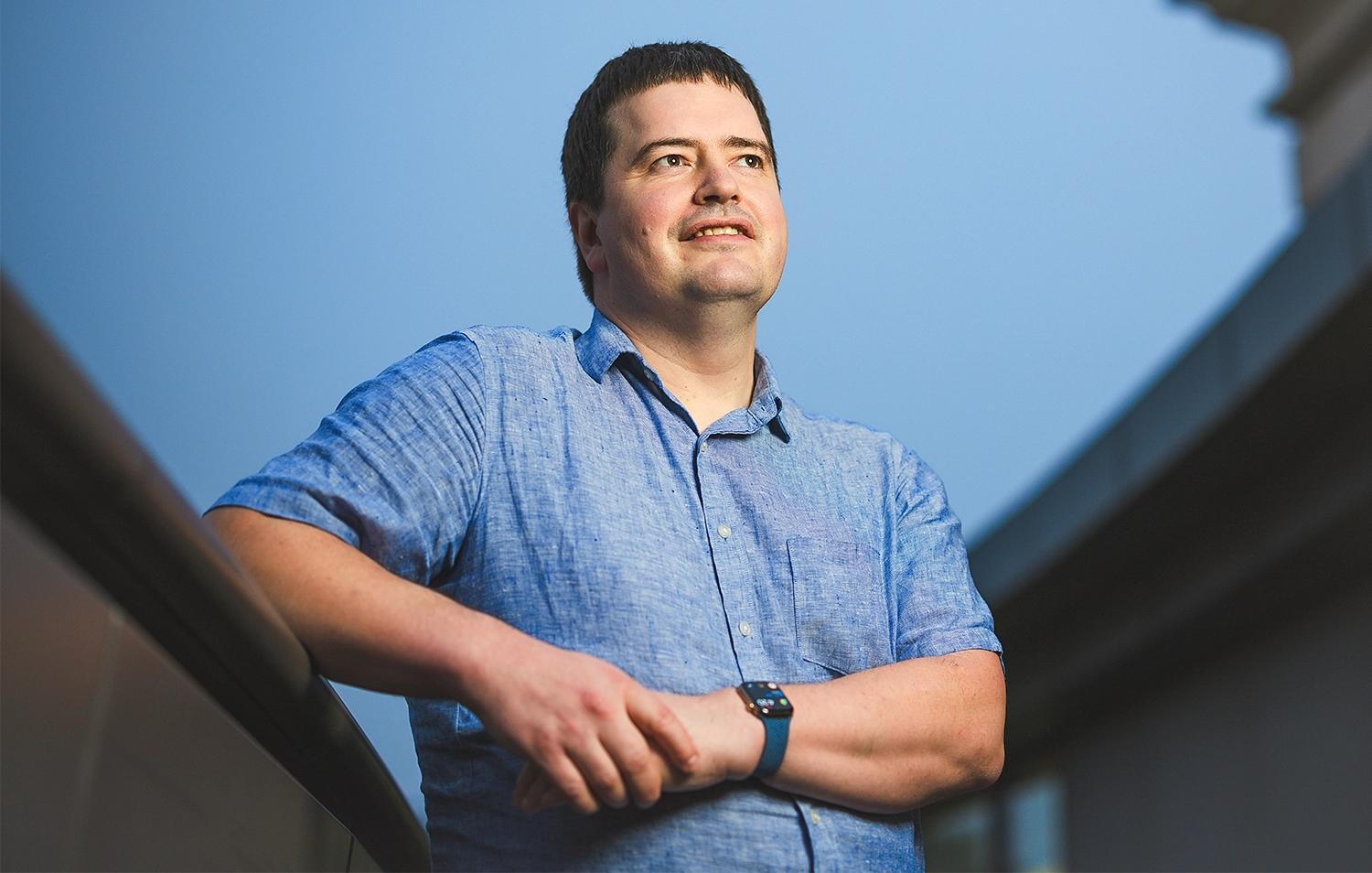The Emergence of AI Debate: A Path to Truth
In a digital landscape overflowing with artificial intelligence, the stakes of accuracy and accountability have never been higher. For example, Google’s AI chatbot, Bard, once made a flagrant error by asserting that the James Webb Space Telescope had successfully captured an image of a planet beyond our solar system — a claim that was unequivocally false. Likewise, in an analysis conducted by Purdue University, OpenAI’s ChatGPT was found to deliver inaccurate responses over half of the time when queried with programming questions. What does this mean for the future of AI when systems designed to augment our intelligence can miss the mark so significantly? Can we trust these ‘superhuman’ models to provide us with correct information as they evolve?
 Image illustrating the concept of AI debate.
Image illustrating the concept of AI debate.
The crux of the matter lies in an intriguing proposal: could letting AI systems engage in debate help unravel the truth? This idea, while seemingly simple, is an innovative approach to a growing concern regarding the reliability of increasingly sophisticated AI technologies. Imagine two large language models arguing over a complex question, while a human or a simpler model assesses which of the two presents a more cogent argument. In theory, this setup could facilitate deeper scrutiny, allowing for a potential convergence on the truth.
This hypothesis isn’t new; it’s been on the table since 2018, primarily championed by Geoffrey Irving, the chief scientist of the UK AI Safety Institute. Alongside Paul Christiano and other researchers, a framework was devised where AI models could dissect a question and evaluate the accuracy through debate rather than a simple, linear assessment. Such a multifaceted approach encourages diverse perspectives, which could lead to more trustworthy outputs.
The Science Behind AI Debate
Recently, empirical evidence has emerged supporting this dialogue-driven method. Researchers conducted tests where AI models argued various points, effectively breaking down intricate questions into manageable, bite-sized components. One initial game involved determining whether an image represented the number 5 or 6. The participating AI models displayed a remarkable proficiency; after six back-and-forth rounds, the ‘judge’ — whether it be a human or another AI — accurately identified the correct answer 89% of the time.
 Visual representation of AI systems engaging in debate.
Visual representation of AI systems engaging in debate.
While results have been promising, they do come with caveats. Human cognitive biases present a challenge; we often believe what aligns with our pre-existing notions, which could skew the effectiveness of AI debates. Acknowledging this, the creators of the framework have called for further investigation into the cognitive mechanisms at play during these engagements. In some cases, prior research has indicated that participants exposed to AI-generated arguments saw no improvement in their performance compared to those who didn’t interact with AI at all.
Yet, despite these drawbacks, other studies suggest that AI models gain more from debating one another than initially presumed. A team at Anthropic demonstrated that allowing multiple instances of a language model to engage in discussions led to notably improved accuracy rates. Across various tasks, debate consistently yielded better outcomes than conventional methodologies.
The Road Ahead
As the field of AI interaction evolves, we face the ultimate question: can we leverage algorithms to evaluate the veracity of other algorithms? The notion of automated debate isn’t merely an academic exercise; it could very well shape the future landscape of communication with artificial intelligence. The duality of this method presents an enticing opportunity for enhanced accountability and transparency within AI systems. However, while we stand on the brink of this technological frontier, several hurdles must be addressed before HTTP requests transform into meaningful conversations.
 Key figures in AI debate research.
Key figures in AI debate research.
Building reliable AI systems isn’t just about enhancing algorithms; it’s about ensuring that these systems align with human values and social constructs. As we ride this wave of innovation, the industry must focus on how we can harness debate as a sustainable measure for oversight. Aligning AI with our societal values will facilitate trustworthy interactions between humans and machines. Striking the right balance between intelligent algorithms and conscientious oversight is essential.
The fusion of automation and human engagement presents an extraordinary pathway toward ensuring that AI can accurately reflect our collective intelligence. This progression may redefine not only how machines and humans engage but also the very fabric of knowledge verification in the era of digital uncertainty.
In conclusion, embracing debate within AI systems marks a groundbreaking step toward accuracy and accountability. By fostering an environment where language models can scrutinize each other’s claims, we may forge a new paradigm of trust in our increasingly automated world.














